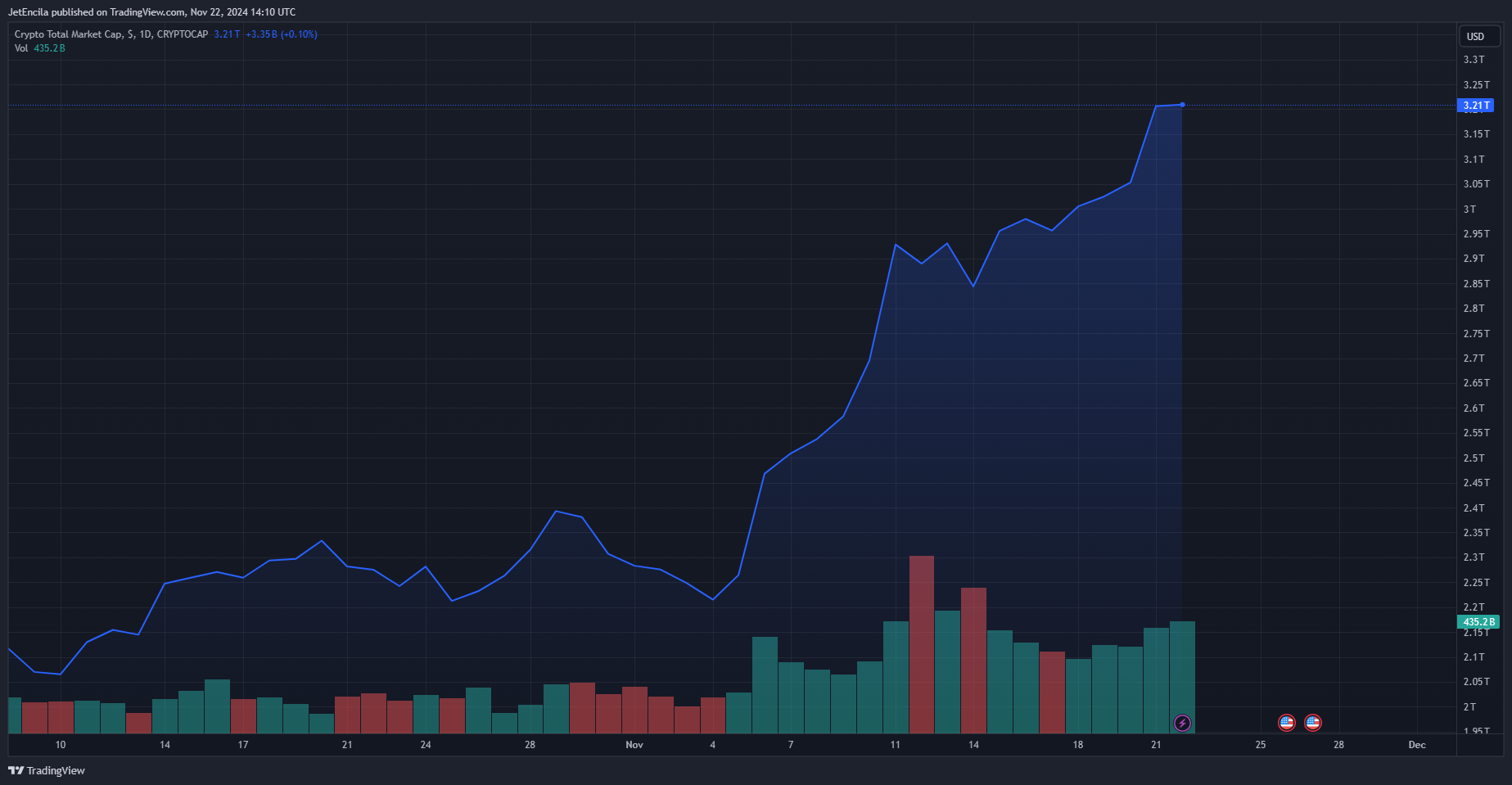Chinese Court Rules Personal Cryptocurrency Ownership Is Legal in China
Recent developments regarding Bitcoin and crypto ownership in China have clarified legal standing. A Shanghai court ruling confirmed that it is legal for citizens to hold, buy, and sell Bitcoin and other cryptocurrencies.
Judge Sun Jie of the Shanghai Songjiang People’s Court stated in a WeChat article that it is not illegal for Chinese citizens to possess cryptocurrencies. However, business entities are prohibited from freely engaging in cryptocurrency transactions. This clarification arose during a case review involving companies linked to an illegal initial coin offering.
Coin Offerings Remain Illegal
Judge Jie’s comments pertained to a 2017 case where an agricultural company aimed to finance a digital asset through collaboration with an investment firm. They drafted a whitepaper and issued tokens, leading to a misunderstanding over token release and a subsequent refund request.
A Shanghai court has released an opinion stating that the personal ownership of cryptocurrencies is not against Chinese law, offering explicit legal clarity for crypto holders on the mainland amid a record-setting bitcoin price surge.
Sun Jie, a judge at the Shanghai Songjiang… pic.twitter.com/NfclXYh3o7
— Visegrád 24 (@visegrad24) November 21, 2024
The agricultural company had entered into a Blockchain Incubator Agreement, paying the investment firm 300,000 Yuan for services related to the token release. The misunderstanding led the company to seek a refund.

Planned Token Financing Is Potentially Illegal
Judge Jie noted that the planned financing and release of tokens are potentially illegal, categorizing the initial coin offering as unlawful public financing. The court ruled that no entity can illegally finance or issue digital assets.
The agricultural company's complaint was deemed invalid due to the illegality of the planned actions, but the court mandated the investment firm to reimburse 250,000 Yuan after evaluation.
Risks Associated with Cryptocurrencies
Judge Sun Jie emphasized that while holding cryptocurrencies is legal, the Chinese government enforces strict regulations due to associated risks. These regulations affect business use, given the potential impact on the financial and economic order.
China initially banned initial coin offerings and shut down online crypto exchanges in 2017, continuing its crackdown on cryptocurrency activities, including mining, in 2021.
Featured image from DALL-E, chart from TradingView